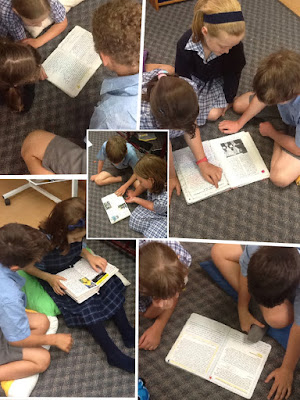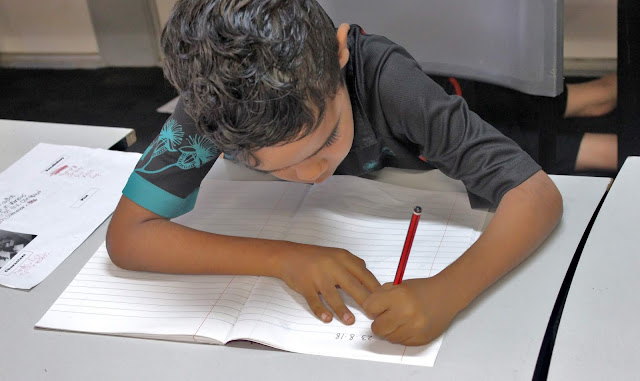Your Time Starts Now- A Writing Interview
On weekends a magazine comes with the newspaper delivered to my front door. It frequently contains a variety of topical articles, some engaging, some merely page fillers. At one time it also contained a regular feature entitled, Your Time Starts Now. It involved a different person answering a series of predetermined questions each week. I always looked forward to reading their responses. I am naturally curious about other people's experiences in life. I often found myself wondering, how would I respond ? Would my answers differ or equate to those printed before me. So I have challenged myself to respond to the type of questions this feature posed: My earliest memory: Watching my mother go to hospital in a taxi just prior to the birth of my sister and wondering if she would ever come back. I was quite distraught. Months earlier, my dog, Buster went to the dog hospital (as my parents put it) and never returned! My favourit...

